“It is completely impossible to make the history of a country without making the history of its populations”, said Maria João Raminhos Duarte, at the presentation of the book “São Bartolomeu de Messines and the Municipality of Silves – From the dawn of Liberalism to the 5th of October 1910” , by Aurélio Nuno Cabrita.
The work, with 496 pages, was launched in the auditorium of the Caixa Agrícola of São Bartolomeu de Messines, last Saturday, June 29th. Despite the hot afternoon and the beach, the space was almost filled with close to a hundred people, interested in learning more about this work by the young researcher.
“It is with great joy that we see local and regional studies being carried out by young historians”, added Maria João Raminhos Duarte, invited by the author to present her new book.
For the researcher, the work is «a true fresco of the action of men in this place», «a repository of the recent past of São Bartolomeu de Messines», becoming even a «true encyclopedia» of this town in the municipality of Silves, which it was the birthplace of well-known national figures – such as João de Deus or Remexido – but also of many less famous ones, who left their mark, as the author reveals.
«Amidst the mountains and the Algarve's lowlands, in a fertile valley rich in water, leaning against a small mountain named Penedo Grande, stands São Bartolomeu de Messines. A unique village, the axis of accessibility to the Algarve, throughout the XNUMXth century it experienced the agitation of revolutions, actively participating in the decisive moments in the History of Portugal», highlights the synopsis.
Maria João Raminhos Duarte pointed out that the book "presents unpublished documents, sometimes unique" and opens "a kind of window through which we can follow the troubled times" from the French Invasions to the Implantation of the Republic, in Messines, in the municipality, in the Algarve and in the country.
For his part, Aurélio Cabrita revealed that, in this book, «here is the fruit of 20 years of work». The work results from his master's thesis, to which the researcher added more and more details. “The initial plan was much more ambitious, it went on until the 25th of April. This boy wanted to do a master's thesis of 20 volumes», joked, by the way, Maria João Raminhos Duarte.
Over these 20 years, and especially in the last two, Aurélio has often switched from diving on the beach to diving in the archives, for example, the one in Silves or the National Library, among many others.
The publication of the book, under the responsibility of Colibri, was sponsored by Caixa Agrícola de São Bartolomeu de Messines and São Marcos da Serra, by the Parish Council of Messines, by the Municipality of Silves, by the Regional Directorate of Culture and by the Stationery of Village. But the cover price (22 euros) only reflects the costs of printing and distribution, it doesn't pay for the author's two decades of work. Therefore, underlined Aurélio Cabrita, born and resident in São Bartolomeu de Messines, “this is an offer I make to the community”.
The 496 pages are also, he stressed, “an act of justice towards those people who walked the same streets as us, who did a lot for Messines, but were being doomed to oblivion. We don't always have to be inventing the wheel. We can start from the examples and the solutions that were found by those Messinenses of the past in order to chart our future».
The investigator also left an appeal to the mayor of Silves, who was present at the book's launch: «that the minutes of the Municipality be more complete, with the attachments, since the minutes of today are very succinct. In 100 years, researchers who want to look into our times, like I did with what happened 100 or 200 years ago, and based on the minutes of that time, they will have very little information». Rosa Palma promised to see what she could do.
Carlos Vargas, president of Caixa Agrícola, expressed his institution's openness to support the work of those who want to make known the past and present of São Bartolomeu de Messines. And he only regretted that Aurélio Cabrita's work ended in 1910. «Since then, there is a lot to investigate».
Taking this motto, Fernando Mão de Ferro, editor of Colibri, challenged the author to continue his work. "There is a lot of open field for research, from 1910 to the 25th of April and beyond".
To these challenges, which other people reiterated, Aurélio only replied that he now has to rest…and, finally, «live in the XNUMXst century».
At the end of the session, and although the book deals with themes that began 200 years ago and ended a little over 100 years ago, the debate extended to the vast auditorium and had as its motto, above all, current times. Vítor Neto, businessman responsible for one of the largest companies in the parish and certainly the oldest (Teófilo Fontaínhas Neto), president of the NERA-Business Association of the Algarve and former secretary of State, underlined the loss of political weight by the Algarve, in the all national.
In his opinion, the current economic situation of the Algarve region, where Tourism is almost the only engine, explains this loss of importance, even because those industrialists and merchants who used to set foot in Lisbon, in defense of the interests of Lisbon, have ceased to exist. Algarve.
And he underlined: «the Algarve doesn't have too much tourism, it has less industry, agriculture, commerce and other activities».
About the book, Maria João Raminhos Duarte would once again stress that “it will be of great interest to national historians”.
And he expressed confidence in the future: «through the work of Aurélio and other young researchers, I know that the love for the history of the Algarve is assured».
The book is for sale in the main bookstores in the Algarve, namely in Papelaria da Vila, in Messines, but it can also be ordered directly from the publisher by clicking here.
Photos: Elisabete Rodrigues | Sul Informação
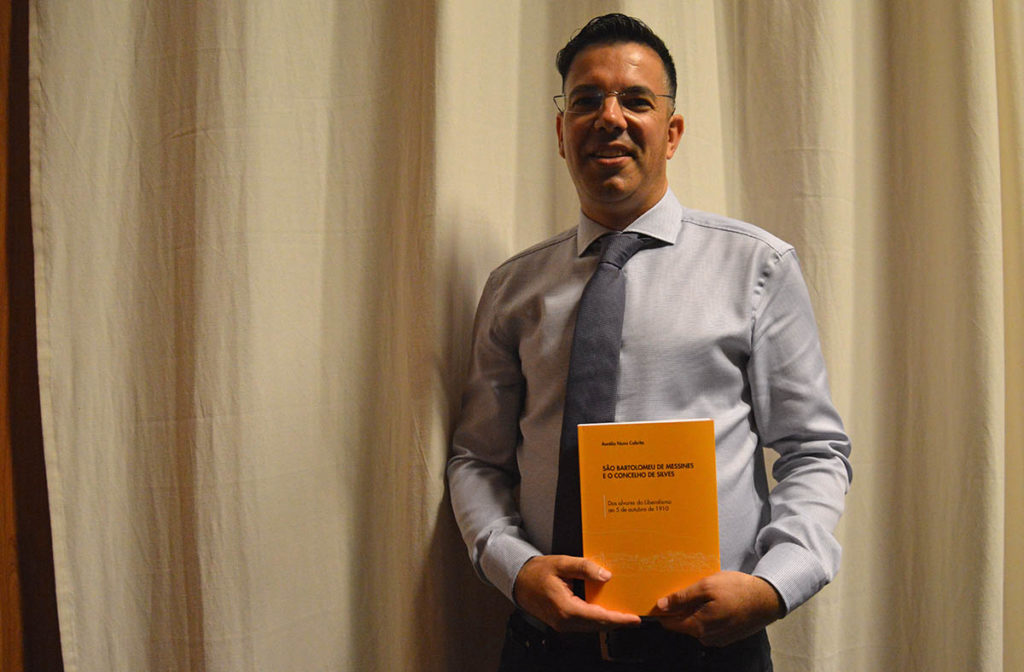
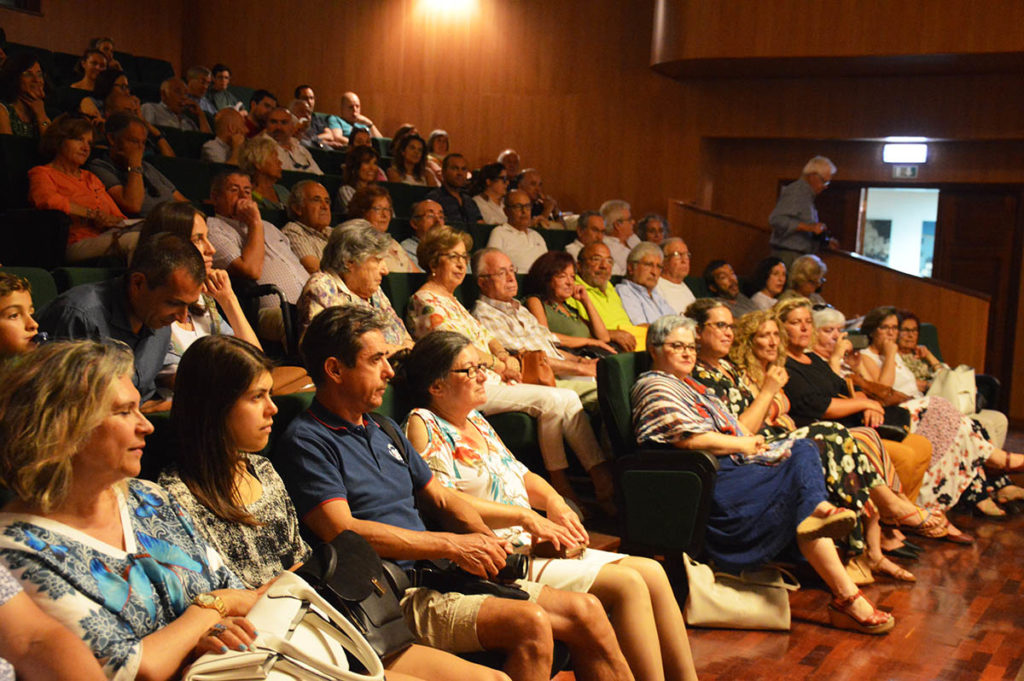
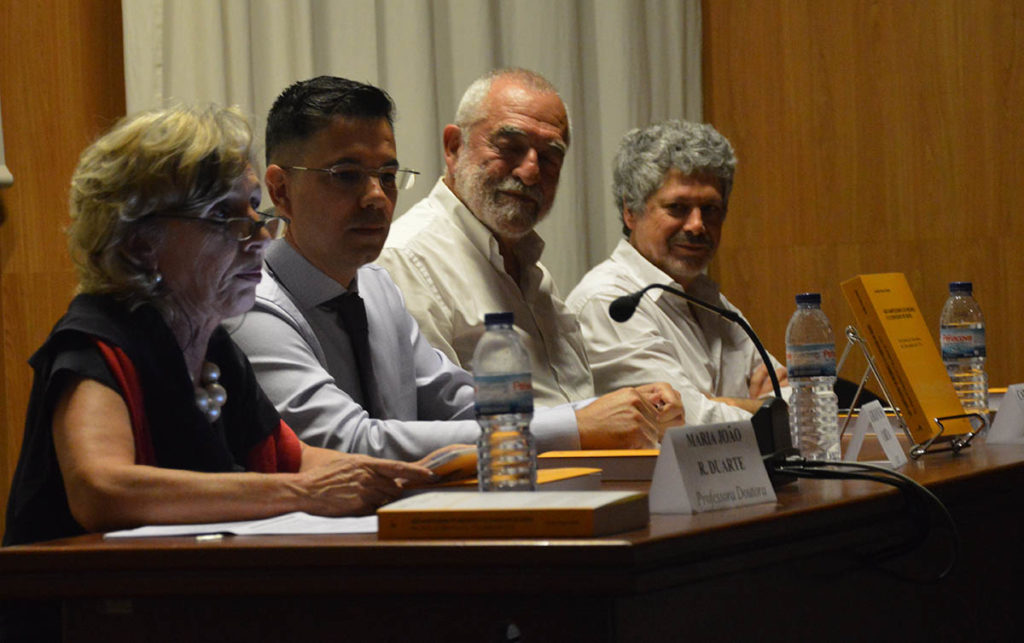
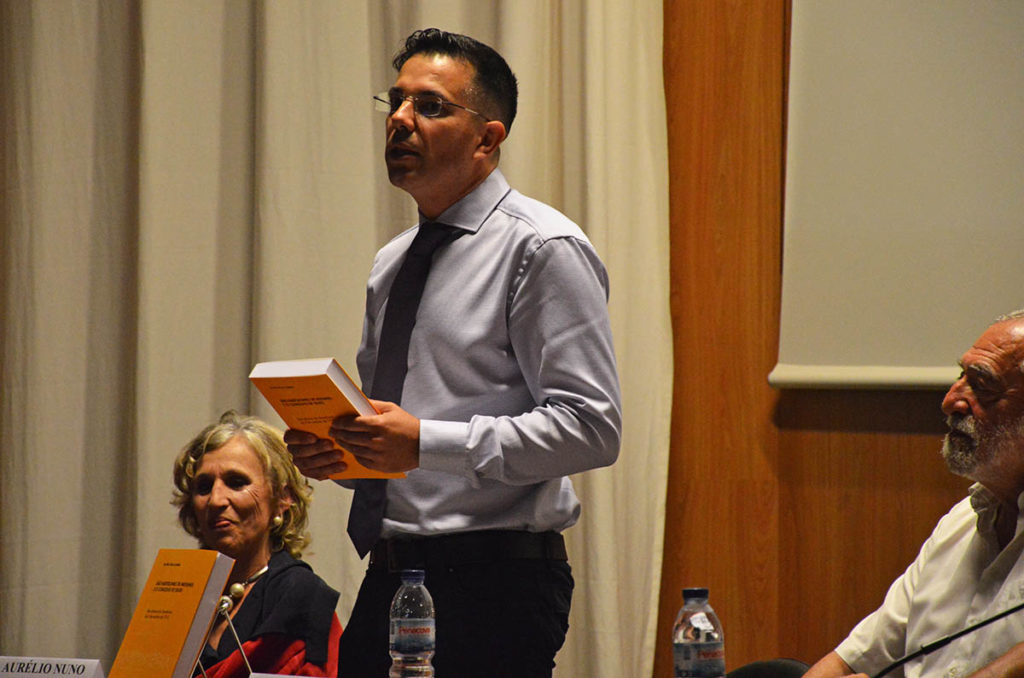
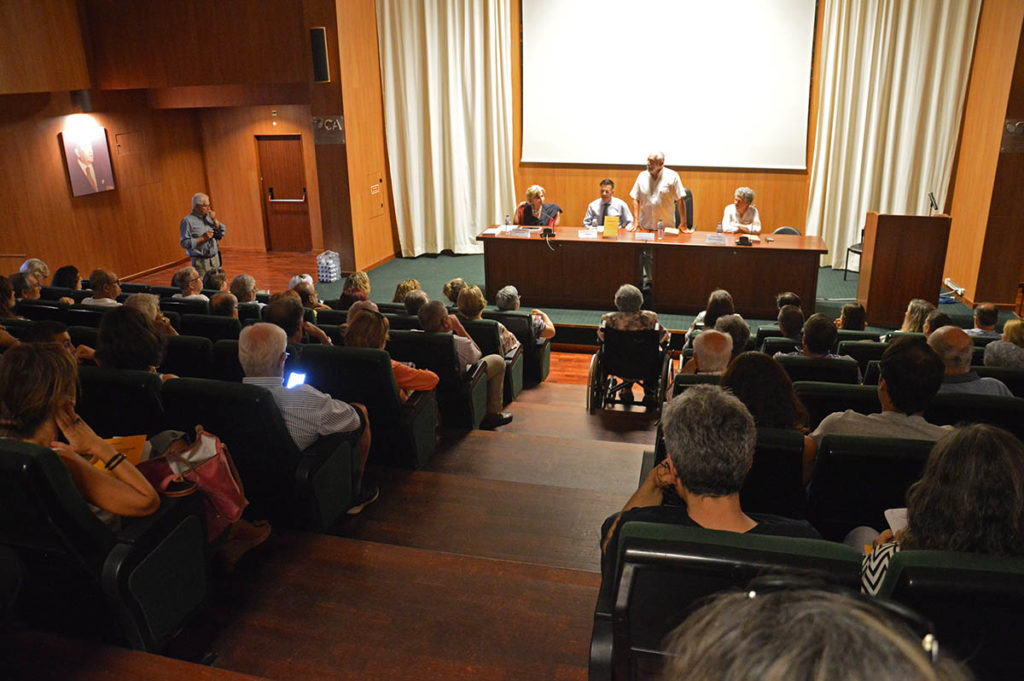
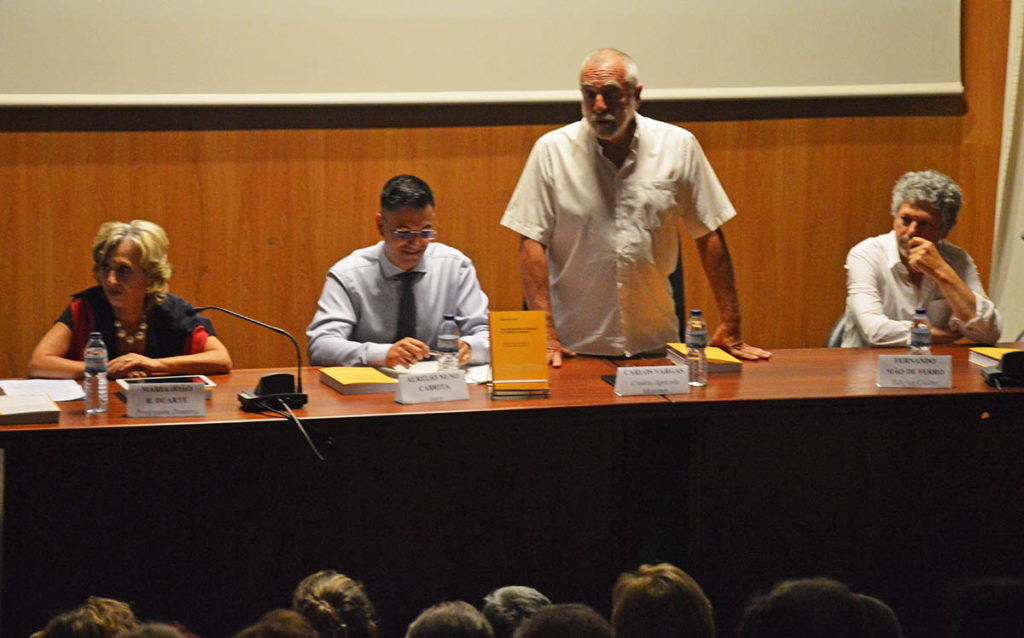
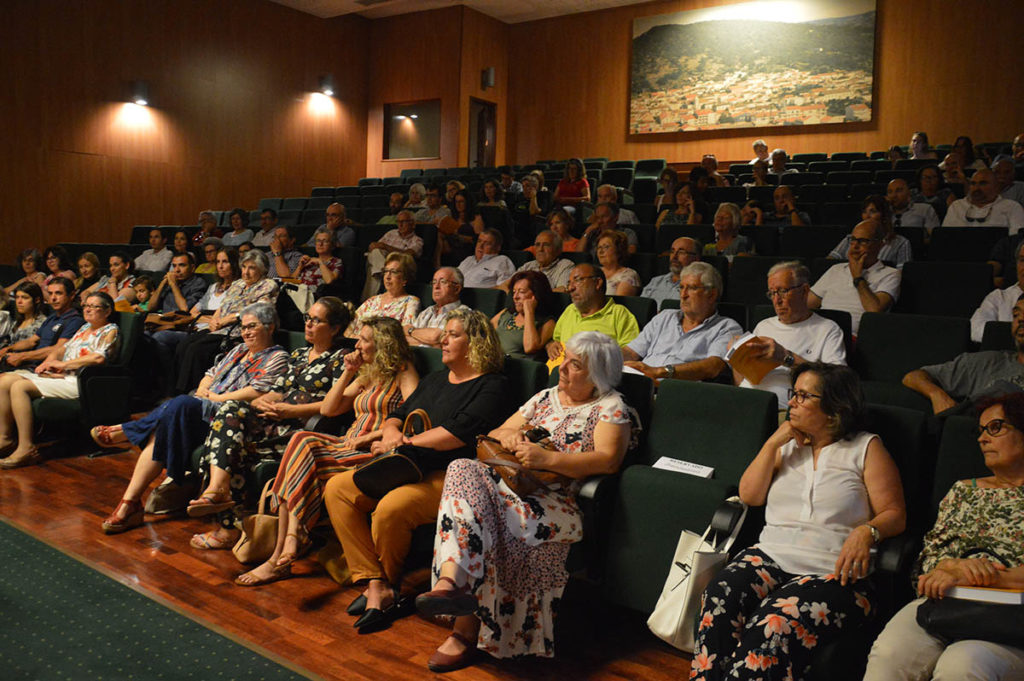
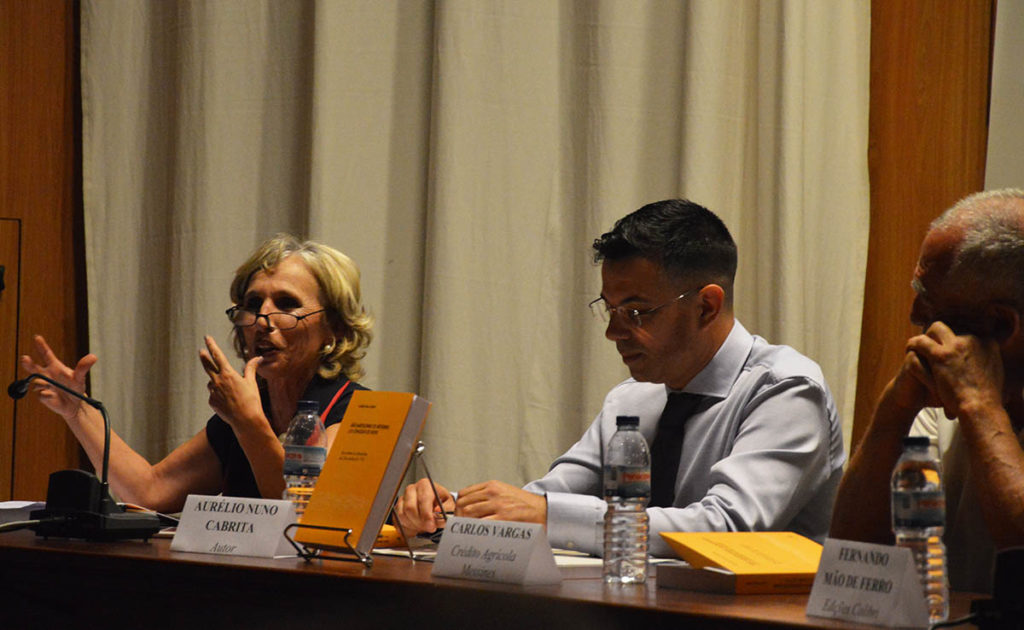
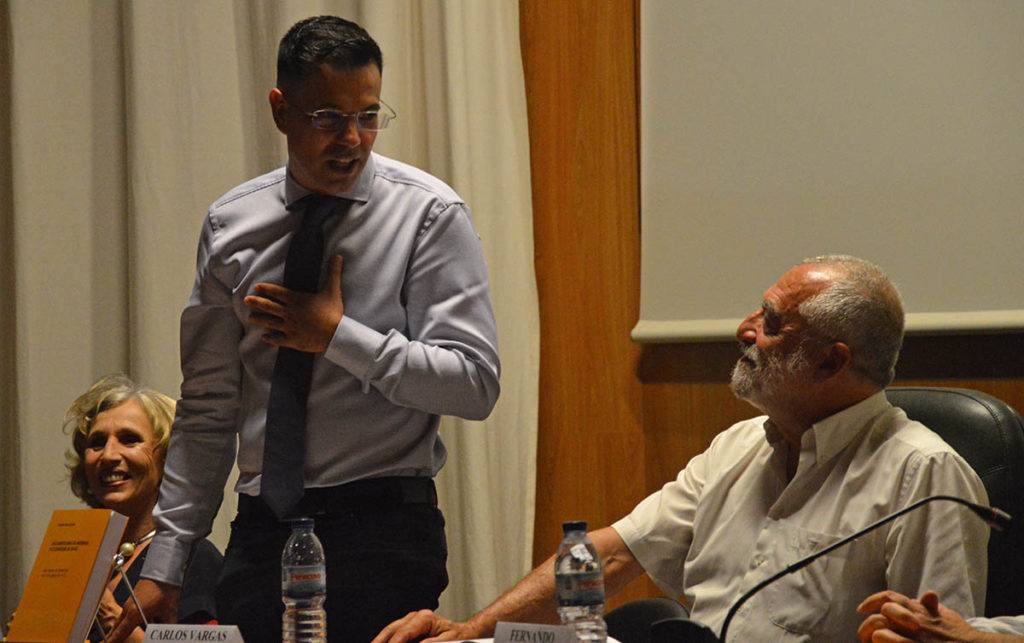
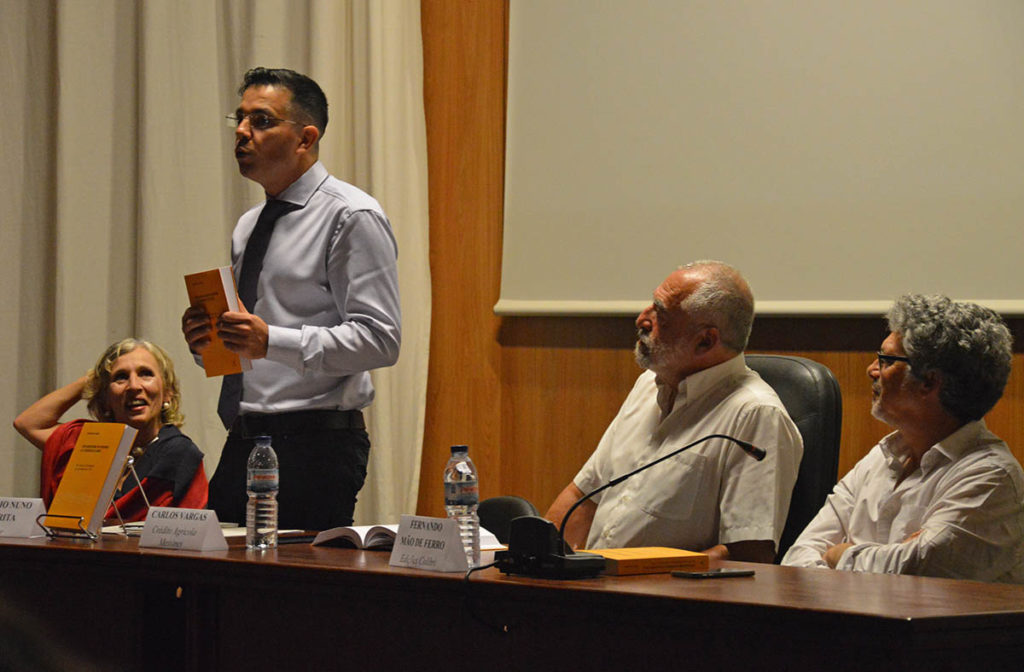
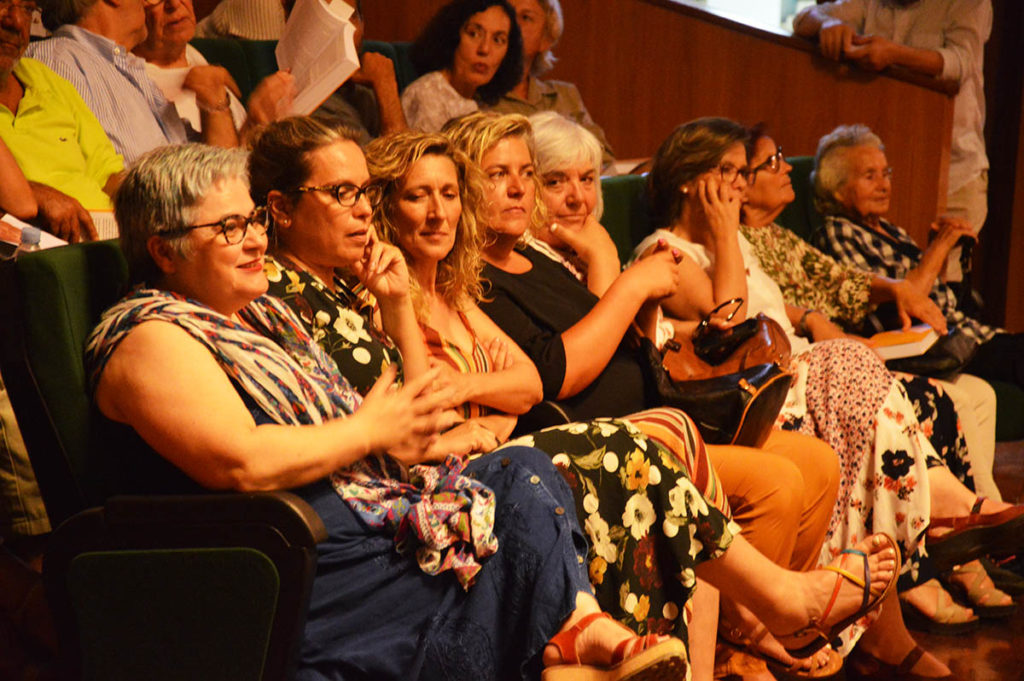
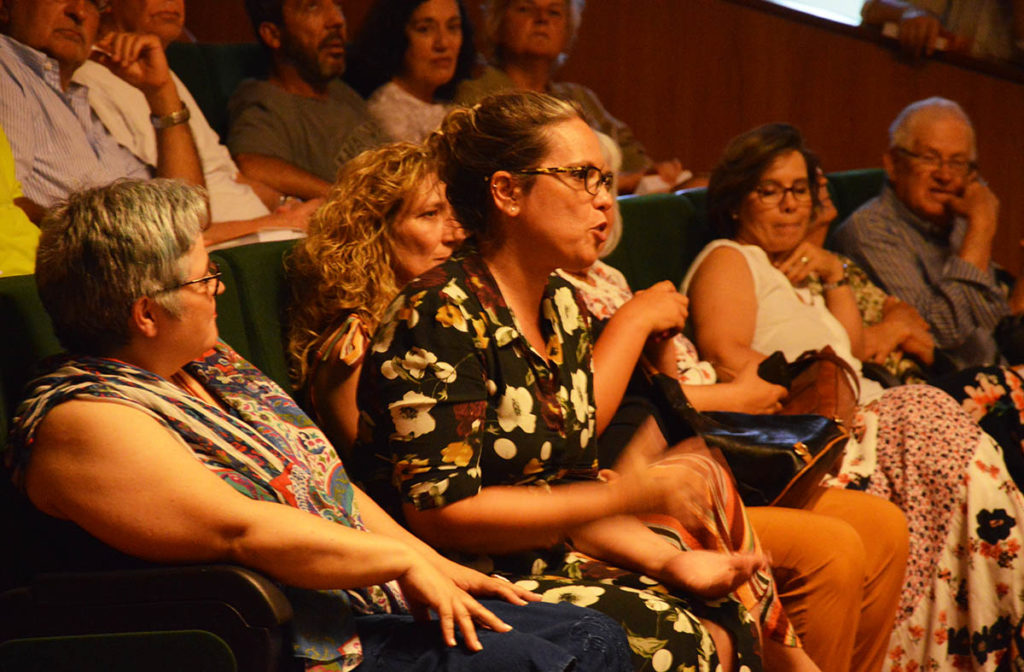
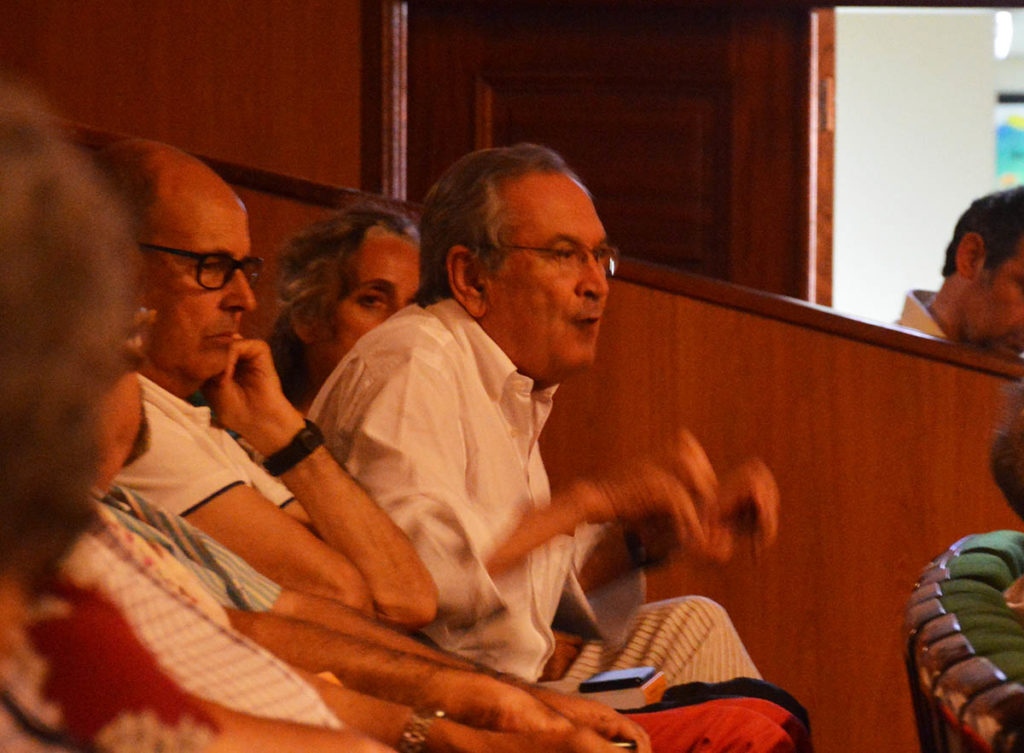


















Comments